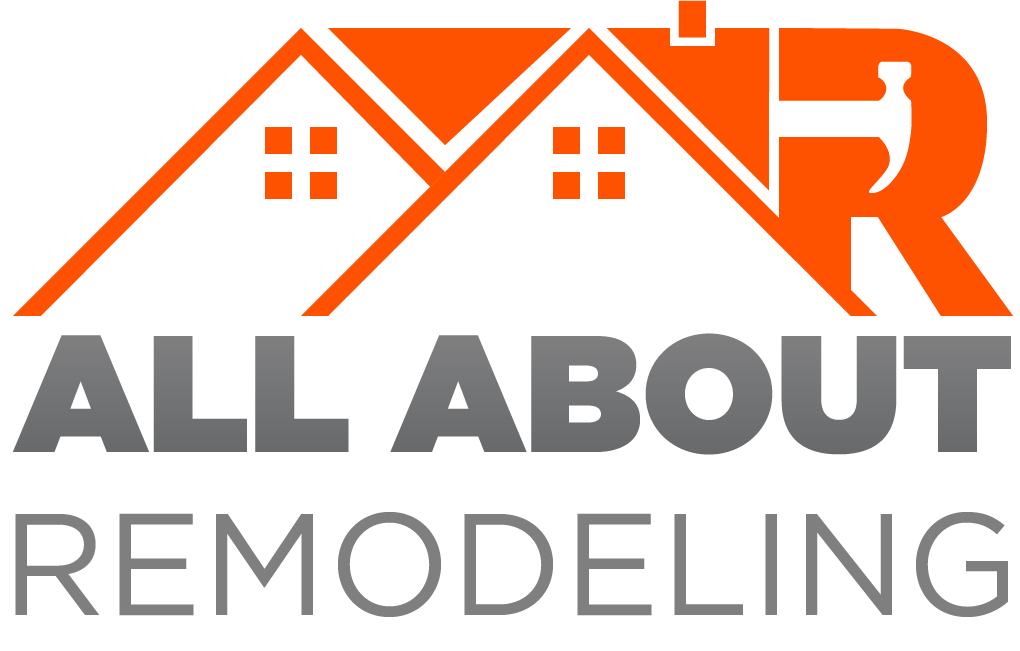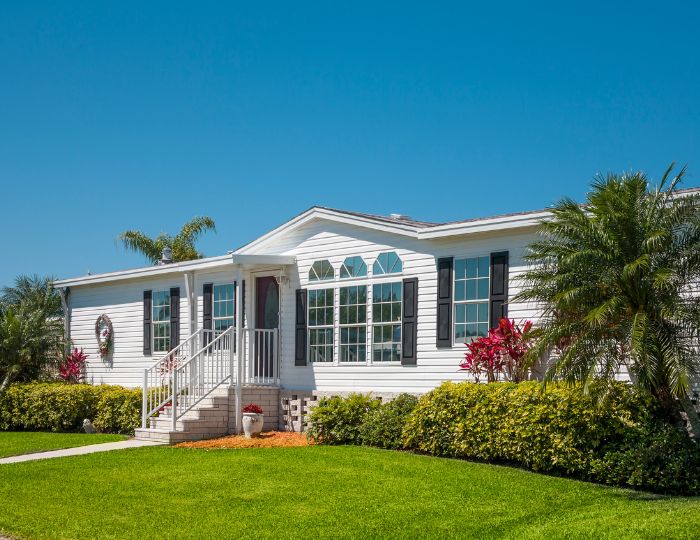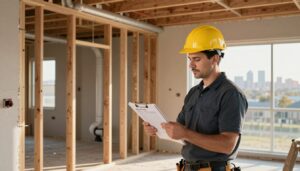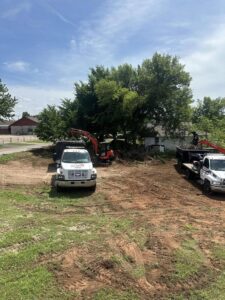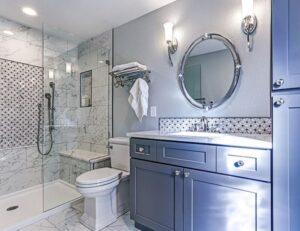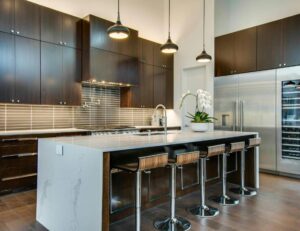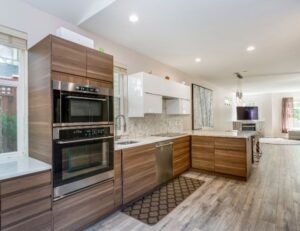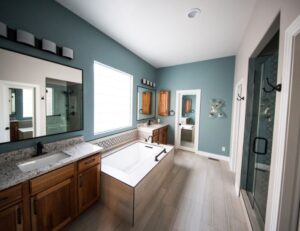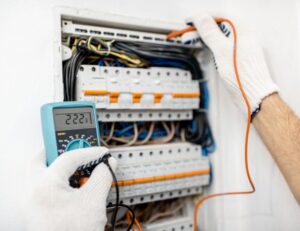Yes—And Here’s How to Do It the Right Way
When people think about home remodeling, traditional single-family houses often come to mind first. But mobile homes can absolutely be remodeled too—both inside and out. In fact, updating a mobile home is one of the most rewarding ways to improve functionality, comfort, and even resale value—without the massive price tag of conventional renovations.
If you’re considering a mobile home remodel, here’s what you need to know before getting started.
1. Understand the Structure and Limitations
Mobile homes are built differently than site-built homes, and that affects how remodels are approached. For example, structural walls may be thinner, ceiling heights lower, and floors built to lighter weight specifications. This means careful planning is key—especially if you’re considering moving walls, replacing windows, or installing heavy fixtures.
That said, many updates—like new flooring, cabinets, lighting, or even full kitchen and bathroom remodels—are well within reach with the right contractor. Just be sure any changes align with your mobile home’s design and HUD code compliance if applicable.
2. Focus on High-Impact Upgrades
Some of the most impactful remodels in mobile homes are surprisingly simple:
-
Kitchens: Updating cabinetry, countertops, and appliances can transform a dated kitchen into a modern, functional space.
-
Bathrooms: Swapping out fixtures, refreshing vanities, and updating tile can make a huge difference in style and comfort.
-
Flooring: Replacing worn-out carpeting with vinyl plank or laminate adds durability and modern appeal.
-
Lighting and Paint: Bright, neutral tones and improved lighting can make even a compact space feel open and inviting.
These changes not only improve day-to-day living—they can also increase your home’s value if you ever decide to sell.
3. Budget and Plan Carefully
One of the advantages of remodeling a mobile home is that projects tend to be more budget-friendly due to smaller square footage. However, hidden issues like outdated wiring or subfloor repairs can add to the final cost if not caught early. Always start with a full inspection and clear project plan.
Working with a remodeling contractor who understands mobile homes is essential. They’ll know what’s feasible, what needs permits, and how to avoid damage to your structure during renovations.
4. Add Personal Style Without Overbuilding
Remodeling isn’t just about function—it’s also a chance to make your space feel like home. With clever layouts, creative storage, and intentional design choices, you can bring style and personality into every square foot.
That said, be mindful not to “overbuild” your remodel with upgrades that far exceed your home’s resale value or structural capacity. A balance of smart updates and practical finishes will serve you better long-term.
5. Don’t Skip the Exterior
While most people focus on the interior, exterior upgrades can make a mobile home look and feel more like a permanent residence. New skirting, siding, windows, and decks all boost curb appeal and can help with energy efficiency too.
Depending on your location and local zoning laws, you may even be able to add on a porch, sunroom, or carport—just be sure to follow local codes and park regulations if you live in a mobile home community.
Your Mobile Home, Reimagined
A mobile home remodel can be every bit as transformative as a traditional home renovation. With the right plan, team, and creative vision, you can refresh your space in ways that reflect your lifestyle and taste—without relocating or overspending.
Ready to explore your remodeling options? Contact All About Remodeling today and let’s talk about how we can help bring new life to your home.
